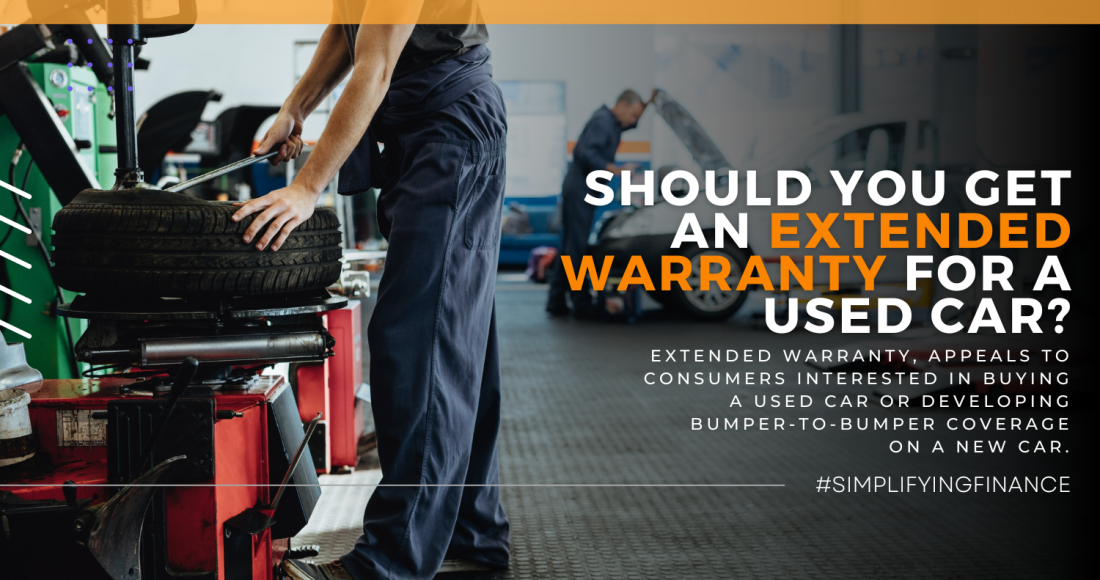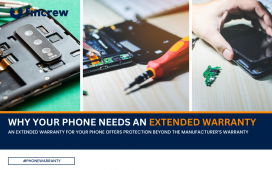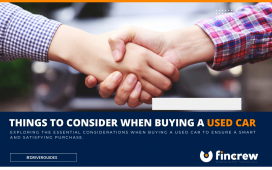Ninety-five percent of new-and used-car shoppers prioritize reliability when deciding on a vehicle. Knowing which cars are reliable is not enough for many shoppers. Protection is what they seek. A vehicle service contract, often called an extended warranty, appeals to consumers interested in buying a used car or developing bumper-to-bumper coverage on a new car. No matter what type you choose, extended warranties give you peace of mind by limiting your financial risk for a specified amount of time. However, car owners often pay more for the coverage than they receive indirect benefits. It isn’t surprising since extended warranties generate a lot of revenue for those who sell them.
What Is An Extended Car Warranty?
Extended warranties, also called service contracts, are an optional plan you can purchase to help pay for some of the costs associated with vehicle repairs. It usually occurs when the manufacturer’s warranty expires, but there are times when the two overlap. However, extended warranties do not cover everything.
Do You Need An Extended Warranty?
Purchasing an extended warranty is primarily determined by the ownership plan of each individual. The extended warranty may not be necessary if the car is used and sold within its warranty period. It may, however, result in better negotiations and a higher resale value in the future. It is beneficial to keep the car longer than the standard warranty. Although cars today are more reliable than ever, some failures can still occur, especially after two or three years. It is when extended warranties come in handy.
What Does An Extended Warranty Cover?
The answer depends on the manufacturer as well as the model. The manufacturer typically offers the engine and electrical damage coverage but not wear and tear. Additionally, labor costs are covered, so you will not have to pay a dime if you need a complicated repair or replacement. You should also check third-party schemes since insurance companies underwrite warranties. You are always better off getting your extended warranty directly from the manufacturer.
What Isn’t Covered?
It is not possible to use your extended warranty for general car maintenance. Many manufacturers do not cover everyday wear and tear parts such as brake pads, clutches, suspensions, and even some electronics. The warranty does not cover paint issues, rust, upholstery, or other factors that wear out over time. Extended warranties do not cover service performed outside the approved service center, accessories added after the warranty period, electrical modifications, paint scratches, accidental damage, floods, earthquakes, and rodent infestation. It’s always beneficial to buy an extended warranty, especially if you intend to keep your car for a long time. Some parts and faults are not covered, but what you get is a lot. The premium may be expensive, but it can save you a lot at the end of the day or help you sell your car for more money.
Buying It
You can get an extended warranty from the manufacturer or dealer. There may also be better options available from third parties. You are likely to find a better deal if you buy the extended warranty at the time of purchase. Make sure you find out the time limit if you’re not sure and want to think about it for a while. Extended warranties are usually available before the standard contract expires, but some manufacturers have a deadline. Also, look carefully at the coverage scheme before purchasing an extended warranty. The salespeople will entice you with tempting deals, but make sure the warranty covers enough.






